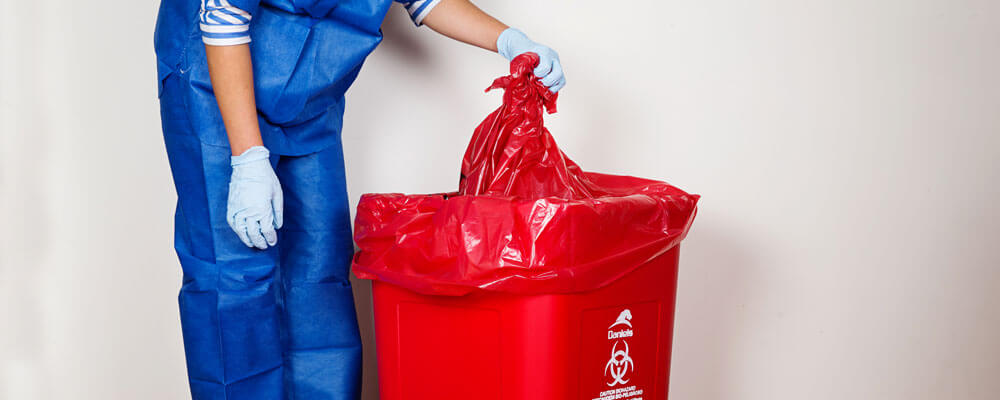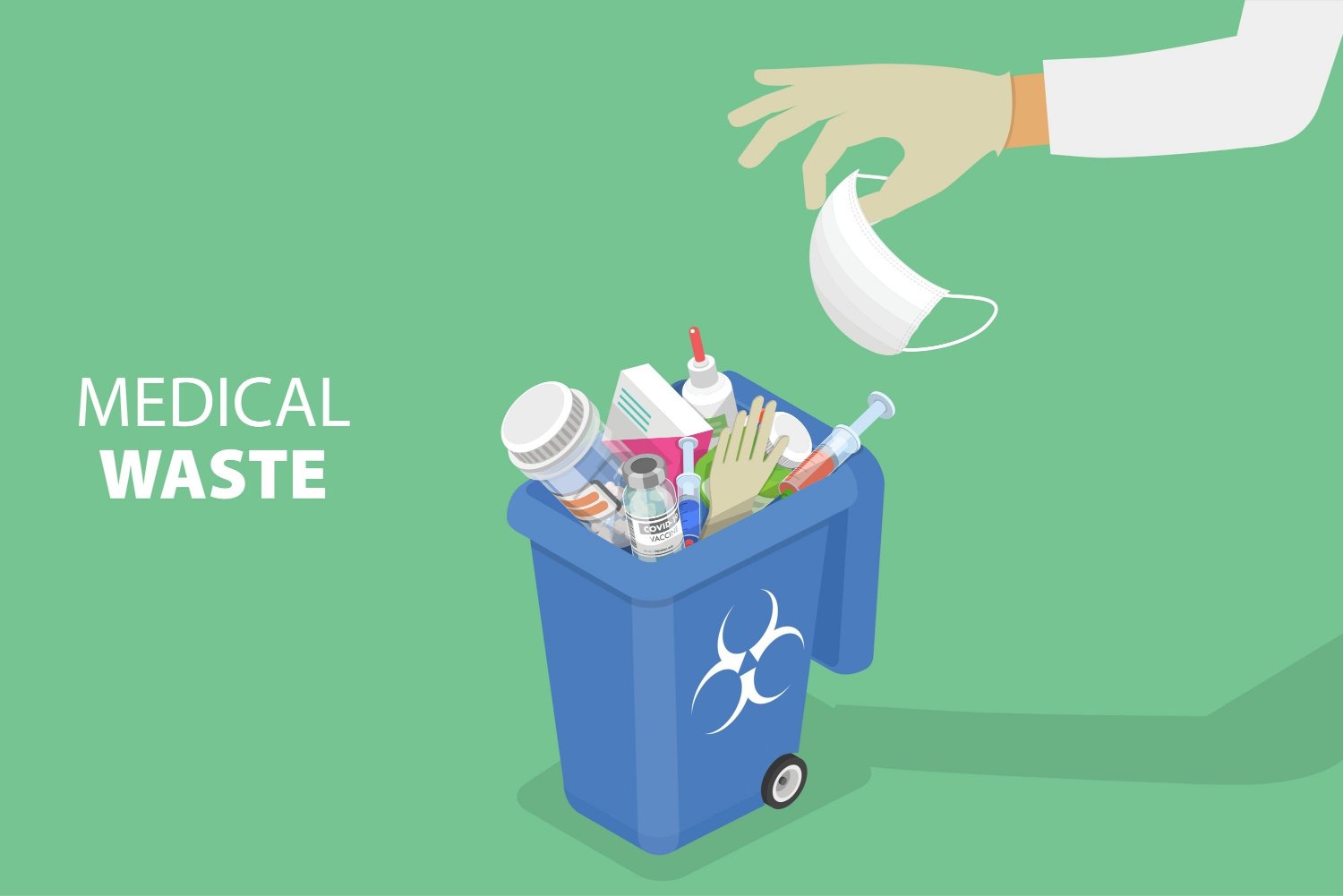Specialist Medical Waste Disposal Services: Taking Care Of Biohazards
Specialist Medical Waste Disposal Services: Taking Care Of Biohazards
Blog Article
Navigating Medical Waste Disposal: Important Services for Healthcare Facilities
Medical care facilities, whether huge health centers or tiny centers, are handed over with the responsibility of handling, dealing with, and disposing of a vast range of clinical waste streams. Comprehending the vital services that sustain medical waste disposal is not simply an issue of conformity however additionally a fundamental element in securing public health and wellness and ecological wellness.
Regulatory Compliance Support
For health care facilities, ensuring regulatory conformity assistance is important to preserve proper handling and disposal of medical waste. By partnering with regulatory conformity specialists, medical care centers can stay current on advancing guidelines, minimize threats associated with incorrect waste disposal, and inevitably add to a much safer and a lot more lasting environment for all.
Waste Partition Support

Health care centers should give clear guidelines and training to staff on how to set apart waste effectively. This consists of separating general waste from hazardous products such as sharps, contagious waste, drugs, and chemical waste. Color-coded bins, tags, and signs are frequently utilized to aid in waste partition methods. Normal audits and surveillance of waste partition processes are necessary to determine any type of concerns and make essential enhancements.
Collection and Transportation Solutions

Correct collection and transportation services are vital components of the clinical garbage disposal process in health care facilities. These services ensure that dangerous materials are handled safely and in compliance with laws to safeguard both the atmosphere and public health and wellness. Healthcare centers count on specialized waste management companies to provide effective collection and transport services tailored to their requirements.
Clinical waste collection involves setting apart various kinds of waste at the point of generation, using color-coded bags or bins to distinguish between general, unsafe, pharmaceutical, and various other waste streams. Educated personnel should execute this task to avoid contamination and guarantee proper disposal. Once accumulated, the waste is click this link delivered in committed lorries geared up to handle hazardous materials safely. These vehicles abide by rigorous security criteria and follow designated routes to certified therapy centers for disposal through methods such as landfilling, incineration, or sterilization.
Treatment and Disposal Solutions
In the world of clinical waste disposal for healthcare facilities, after the essential stage of collection and transportation services, the focus moves in the direction of executing efficient treatment and disposal options. Treatment services often involve processes such as autoclaving, which makes use of vapor under stress to disinfect the waste.
Disposal remedies include the final step in the clinical waste management process. Recycling and source recovery are likewise obtaining traction as lasting disposal choices for particular kinds of clinical waste materials.
Efficient treatment and disposal solutions are vital in making certain compliance with policies and guarding public health and the setting. Medical care facilities need to carefully assess and pick suitable approaches that align with their waste management objectives and sustainability efforts.
Staff Training and Education

To properly take care of medical garbage disposal Our site in medical care facilities, thorough team training and education and learning play a crucial role in making sure adherence to regulatory demands and keeping a secure environment. Proper training furnishes staff with the expertise and skills needed to deal with various kinds of clinical waste, segregate them properly, and package them safely for disposal. By educating staff members on the dangers associated with improper handling of clinical waste, centers can reduce the probability of accidents, contamination, and governing infractions.

Final Thought
Finally, medical care facilities rely upon necessary clinical garbage disposal services to guarantee regulative compliance, appropriate waste partition, safe collection and transport, effective treatment and disposal, in addition to team training and education and learning. These services play an essential function in preserving the wellness and security of both medical care employees and the public, highlighting the importance of appropriate administration of medical waste in healthcare settings.
For medical care facilities, making sure regulatory conformity assistance is vital to maintain appropriate handling and disposal of clinical waste. Waste segregation includes classifying various kinds of medical waste to guarantee appropriate handling, treatment, and disposal. This includes separating basic waste from harmful products such as sharps, transmittable waste, pharmaceuticals, and chemical waste.Medical waste collection entails setting apart different types of waste at the factor of generation, making use of color-coded containers or bags to distinguish between general, hazardous, pharmaceutical, and other waste streams.In the realm of medical waste disposal for healthcare facilities, after the critical stage of collection and transport services, the emphasis changes in the direction of executing reliable therapy and disposal options.
Report this page